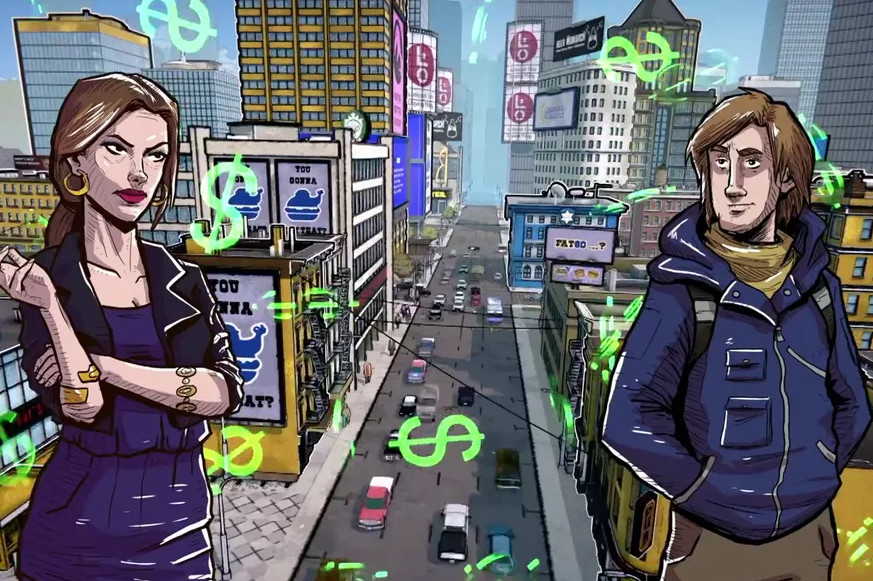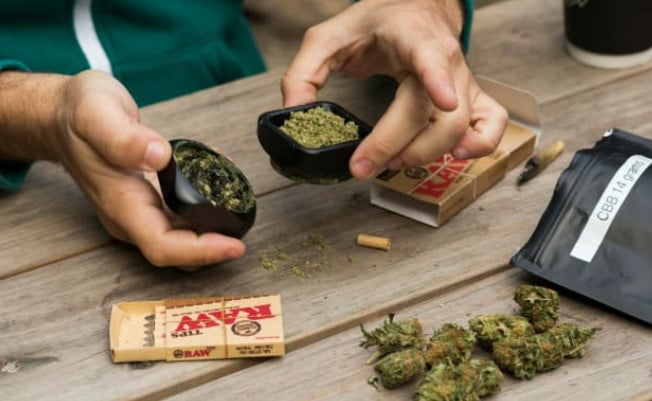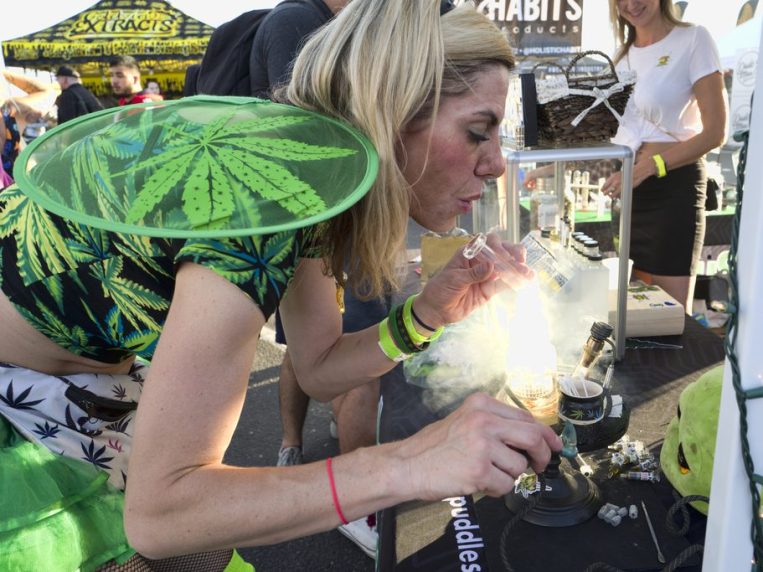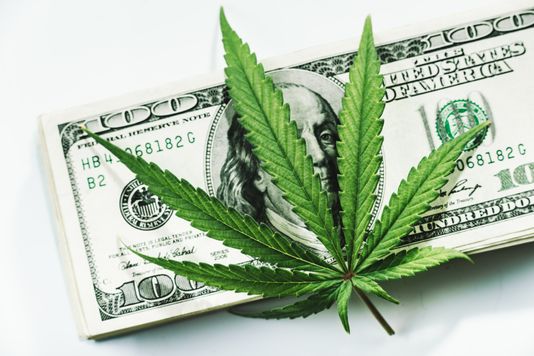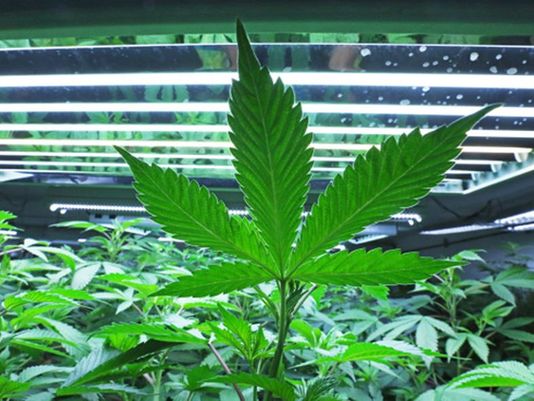is not a standard Tycoon-style simulation game. Instead of providing one big world in which you can adjust the rules or design a just society, the game will present the player with a series of focused vignettes to play through.
Each one will highlight some aspect of “legal” weed sales and business in the United States, and the challenge will be to play through it while navigating the often confusing and contradictory structure of marijuana laws in the United States. But one of the issues the team backed away from was children buying, and smoking, pot.
“I think it was me quoted as saying we don’t have kids smoking weed in the game,” Scott Alexander, the game’s main writer, told Polygon. “It’s one of those things we looked at and said it’s incredibly difficult. I’m not saying we couldn’t look at it, but it was sort of a third-rail topic.”
Originally, the developers had a group of kids who could buy pot from the player, but that didn’t feel like something they could include in the game without commenting on it in a deeper way, and it turns out that pot legalization doesn’t seem to have that much of an impact on children smoking pot one way or the other.
They looked at teen pot use in Colorado before and after legalization, and changing the legal status of the drug … didn’t really do much.
“It was on a steady, slightly downward trend over the last 10, 15 years,” Alexander said. “It’s on a slight slope downward, and that slope does not change when you see legalization come in. As far as they can tell, legalization doesn’t really affect kids smoking weed except to possibly slightly diminish it.”
The data backs him up.
“State-level numbers from the National Survey on Drug Use and Health show that a little more than nine percent of Colorado teens age 12 to 17 used marijuana monthly in 2015 and 2016, a statistically significant drop from the prior period,” the Washington Post reported in 2017. “That’s the lowest rate of monthly marijuana use in the state since 2007 and 2008.”
And that makes it an uninteresting topic for this sort of game from a design standpoint, because the team wasn’t looking for things that were only somewhat impacted by legalization. They wanted the unexpected elements of the laws, where pulling a lever could have a major and perhaps surprising consequence for players. This didn’t qualify.
“When we looked at the weed industry, instead of saying this is a giant mess, we said this is right for our tycoon games because games are about managing big, complex, weird systems where small changes might have big outcomes,” Alexander explained. “[Teenagers and pot] actually, it’s one of the least interesting aspects in terms of simulating the thing.”
Which isn’t to say the impact of drug laws on children won’t be an issue in the game, especially when dealing with politicians, because while the impact of legalization on teens seems to be slight, it’s a hot-button topic. How politicians and people perceive the issue may have a large impact on what laws you’re able to pass, and which ones fail.
But for now, the game doesn’t include teenagers in its groups of customers you see directly.
“We realized that we can’t just do it like this, like snap of your fingers and have kids as your customers and not say anything more about it,” Kacper Kwiatkowski from Vile Monarch, the game’s developer, told Polygon. “You can’t just sell weed to kids in the game and not say anything about it. We could bring them back, but we will have to be very careful and very deliberate about doing so.”
Credit:www.polygon.com

